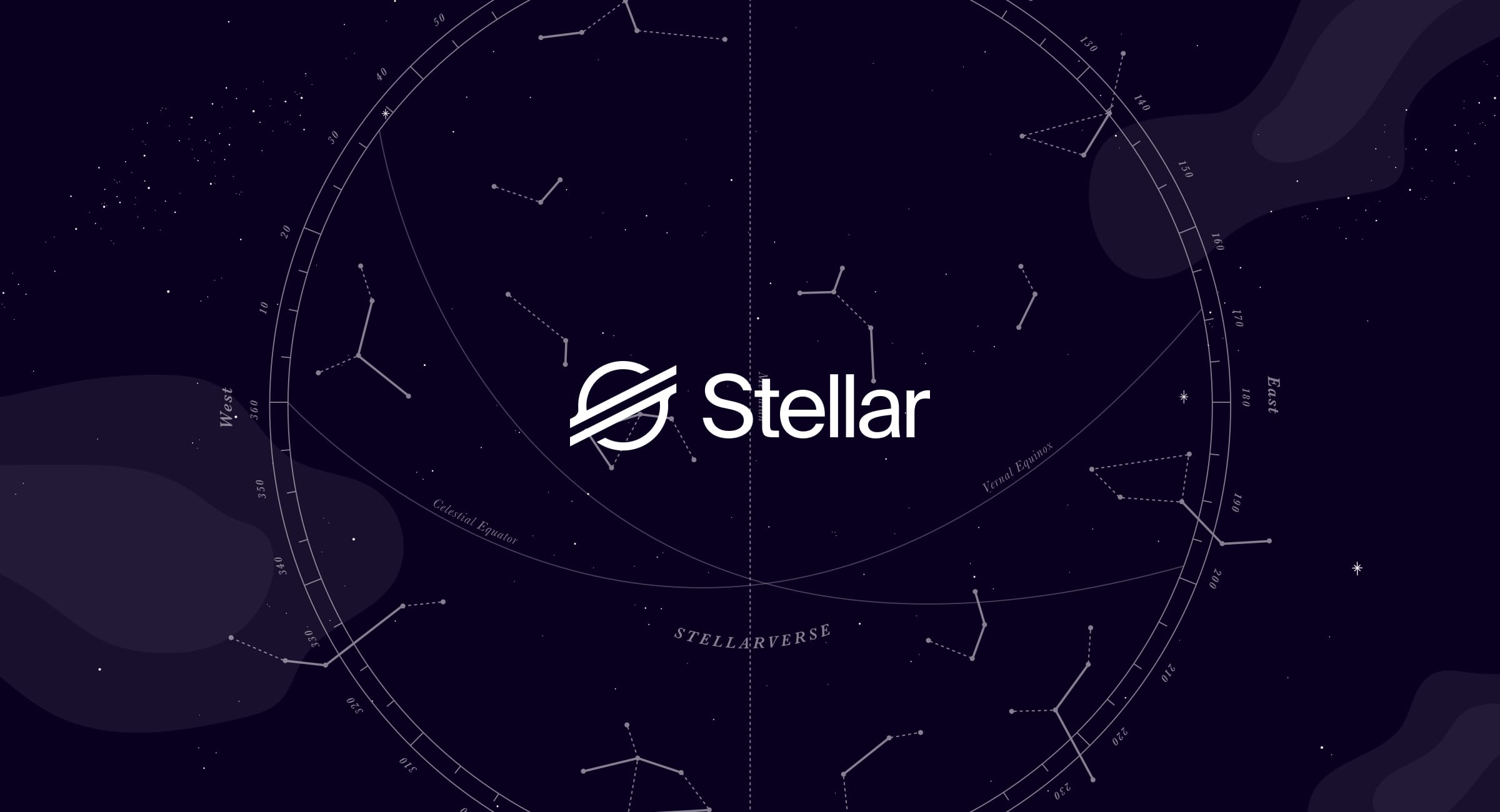ARTICLE AD BOX

In a developing legal battle, Ripple’s Chief Technology Officer (CTO) David Schwartz has indirectly voiced his support for Consensys Software Inc. This comes after the U.S. Securities and Exchange Commission (SEC) filed a lawsuit against the company. The SEC claims that Consensys has been operating as an unregistered broker.
Ripple CTO Defends Consensys & MetaMask
Moreover, the SEC accused Consensys of engaging in the unregistered offer and sale of securities through its MetaMask platform. The latest lawsuit focuses on the services of MetaMask Swaps and the platform’s staking feature.
The SEC’s complaint, filed on Friday, June 28, alleges that Consensys’s operations through MetaMask constitute unregistered securities transactions. According to the SEC, MetaMask Swaps and MetaMask Staking involve pooling assets with the expectation of profits primarily derived from the efforts of others. This, the SEC argues, classifies these activities as securities transactions requiring registration.
As the lawsuit news emerged, the Ripple CTO’s defense of Consensys emerged in a series of exchanges on X, formerly known as Twitter. In several replies on X, he addressed various arguments about the nature of MetaMask’s services. One user suggested that MetaMask’s services qualify as securities due to the expectation of profits derived from Consensys’s efforts.
Hence, Schwartz countered by drawing a comparison to the diamond industry. He argued that just as DeBeer’s efforts do not determine the profits of diamond holders, MetaMask’s efforts do not determine users’ profits. “MetaMask’s efforts don’t determine your profits any more than DeBeer’s efforts determine the profits of people who hold diamonds,” Schwartz stated.
In addition, he emphasized that the source of profits from MetaMask Staking and Swaps is external and independent of MetaMask’s control. However, another user expressed skepticism, arguing that the presence of a direct business contract between MetaMask and its users implies a security.
Also Read: Ripple Vs SEC: Judge Torres Doctrine Stands, XRP Secondary Sales Are Not Securities
Schwartz Slashes MetaMask Securities Sale Claims
In response, Schwartz highlighted a crucial distinction between business and investment contracts. “Sure. But nothing about that business contract determines the profit users get. MetaMask takes an agreed cut for providing services to the users. The source and amount of the profit they split is outside of MetaMask’s controls and not dependent on their efforts,” he explained.
Schwartz further clarified his stance by stating, “An agreement of a party to provide management services and pass through of funds where the source of the profits shared is entirely outside the agreement and not due to any party’s efforts is not an investment contract.” According to him, the profits generated from MetaMask’s services are not a result of Consensys’s efforts but arise from external market conditions and user activities.
Amid the Ripple CTO’s statements, broader regulatory news suggests that District Judge Amy Berman Jackson concurred with Judge Torres’ stance regarding XRP’s programmatic and secondary sales. In the Binance vs. SEC case, Judge Jackson rejected the SEC’s claims about secondary BNB sales by non-Binance entities.
Moreover, this ruling sets a important precedent for current cryptocurrency-related legal cases in the U.S. Hence, companies like Coinbase, Consensys, and Kraken are expected to leverage this decision to strengthen their positions in their respective lawsuits. With this ruling, SEC attorneys can no longer argue that Judge Torres’ perspective on secondary sales lacks judicial support or adoption.
Also Read: Ripple News: Exec Makes Latest Comment On Tension With U.S. SEC
The post Ripple CTO Backs Consensys Amid SEC Lawsuit Over MetaMask Securities Sale appeared first on CoinGape.
.png)
 1 year ago
11
1 year ago
11








 English (US)
English (US)